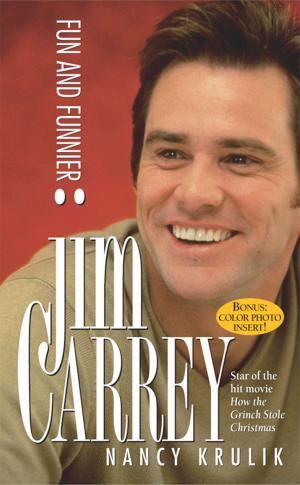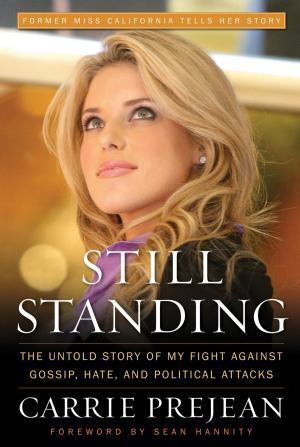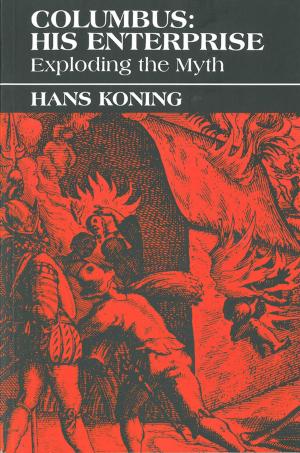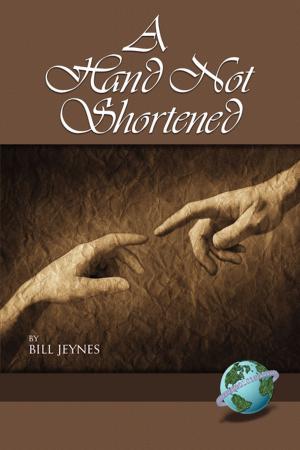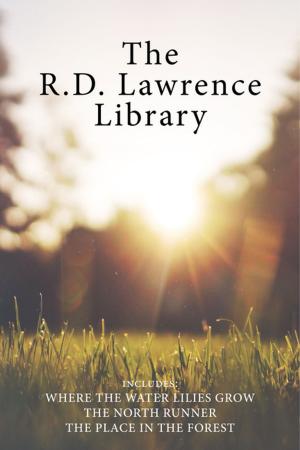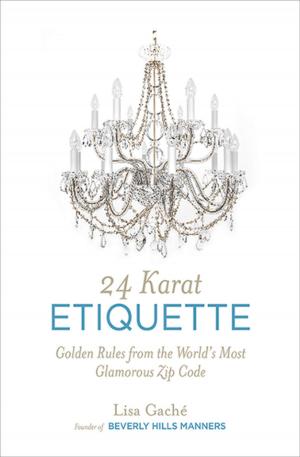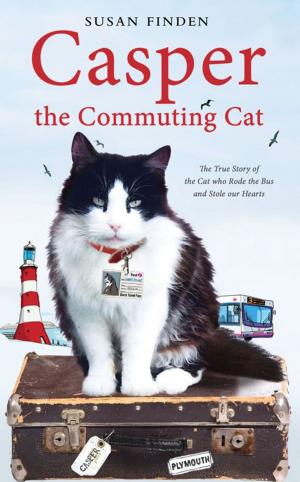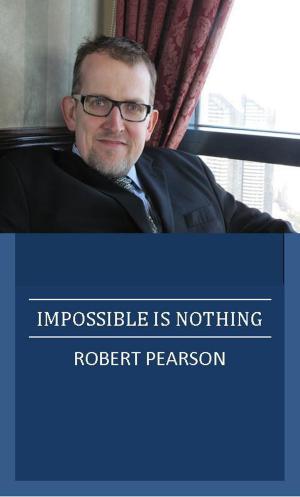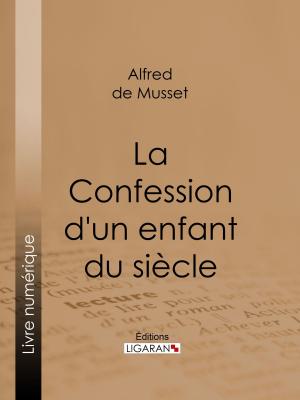Sipping From The Rubaiyat's Chalice
Nonfiction, History, Civilization, Fiction & Literature, Poetry, Biography & Memoir| Author: | Martin Kimeldorf | ISBN: | 9781386134671 |
| Publisher: | Martin Kimeldorf | Publication: | March 6, 2017 |
| Imprint: | Language: | English |
| Author: | Martin Kimeldorf |
| ISBN: | 9781386134671 |
| Publisher: | Martin Kimeldorf |
| Publication: | March 6, 2017 |
| Imprint: | |
| Language: | English |
During the 1100s, Omar Khayyám contributed to the fields of astronomy, math, poetry, and philosophy. This Renaissance man questioned the orthodoxy and academics of his time. His poetry celebrates enjoying simple pleasures. Then 700+ years later in 1859 the bohemian English poet Edward FitzGerald made the defining translation of Khayyám’s Rubáiyát. The verse resonated deeply with the 19th and 20th Century artists, writers and everyday people looking for meaning and comfort.
This symbolic East-West collaboration became the most widely read, translated and published poem in the modern literature. Now over 150 years later this magical work is being rediscovered by Millennial to Boomer generations.
The Moving Finger writes; and, having writ,
Moves on: nor all thy Piety nor Wit
Shall lure it back to cancel half a Line...
...Ah, make the most of what we may yet spend,
Before we too into the Dust descend;
During the 1100s, Omar Khayyám contributed to the fields of astronomy, math, poetry, and philosophy. This Renaissance man questioned the orthodoxy and academics of his time. His poetry celebrates enjoying simple pleasures. Then 700+ years later in 1859 the bohemian English poet Edward FitzGerald made the defining translation of Khayyám’s Rubáiyát. The verse resonated deeply with the 19th and 20th Century artists, writers and everyday people looking for meaning and comfort.
This symbolic East-West collaboration became the most widely read, translated and published poem in the modern literature. Now over 150 years later this magical work is being rediscovered by Millennial to Boomer generations.
The Moving Finger writes; and, having writ,
Moves on: nor all thy Piety nor Wit
Shall lure it back to cancel half a Line...
...Ah, make the most of what we may yet spend,
Before we too into the Dust descend;

